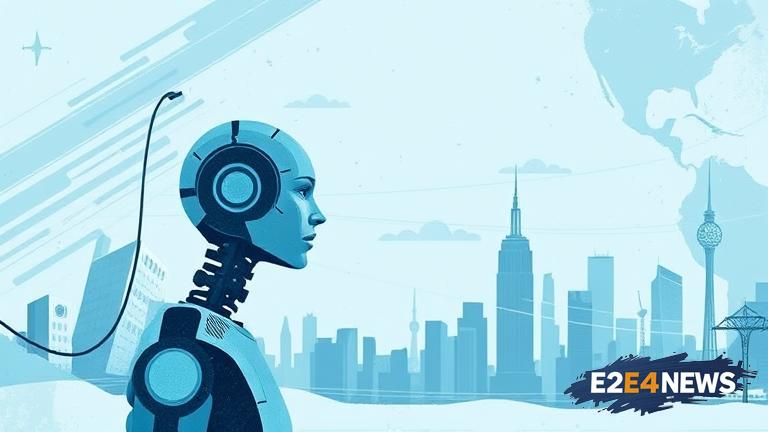The world of work is undergoing a significant transformation, driven by the rapid advancement of artificial intelligence (AI). According to Sam Altman, the CEO of OpenAI, the key to remaining employed in this new landscape is to develop skills that complement AI. Altman stresses that AI is not a replacement for human workers, but rather a tool that can augment and enhance their capabilities. As AI assumes more routine and repetitive tasks, workers will need to focus on higher-level skills such as creativity, problem-solving, and critical thinking. The rise of AI has sparked concerns about job displacement, but Altman believes that the benefits of AI will far outweigh the costs. He argues that AI will create new job opportunities and industries that we cannot yet imagine. To prepare for this future, workers will need to be willing to learn and adapt throughout their careers. This may involve acquiring new skills, such as programming and data analysis, or developing expertise in areas that are less likely to be automated. Altman also emphasizes the importance of education and retraining programs in helping workers to develop the skills they need to thrive in an AI-driven economy. Furthermore, he believes that governments and businesses have a critical role to play in supporting workers through this transition. This may involve investing in education and training programs, as well as implementing policies that protect workers’ rights and promote fair labor practices. The impact of AI on employment will vary across different industries and sectors, with some areas being more heavily affected than others. For example, jobs that involve repetitive tasks, such as manufacturing and data entry, are more likely to be automated than jobs that require creativity and problem-solving skills, such as teaching and healthcare. However, even in industries that are less likely to be automated, workers will still need to develop skills that complement AI. Ultimately, the future of employment will depend on our ability to adapt to the changing needs of the job market and to develop the skills and expertise that are required to thrive in an AI-driven economy. As Altman notes, the workers who are most likely to succeed are those who are able to learn and adapt quickly, and who are willing to take on new challenges and responsibilities. By developing these skills and embracing the opportunities presented by AI, workers can position themselves for success in the rapidly changing job market. The AI revolution is not just a challenge, but also an opportunity for workers to upskill and reskill, and to pursue new and exciting career paths. With the right skills and mindset, workers can thrive in an AI-driven economy and create a brighter future for themselves and their communities.
